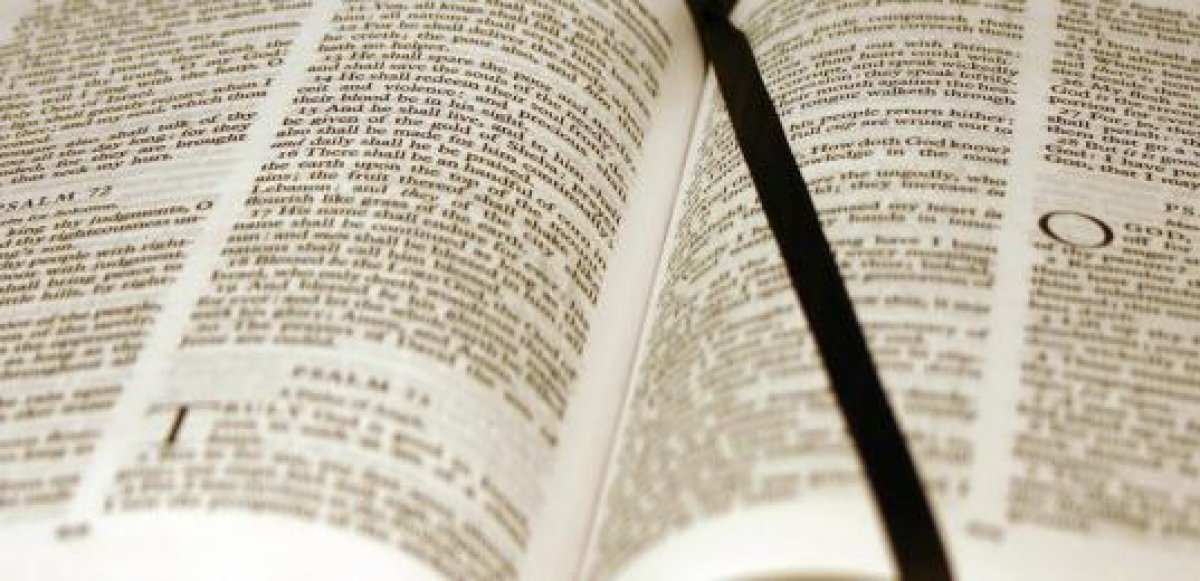In my article 5 Reasons to Use the King James Version, I said that some of the features most criticized in the King James Bible are among the best reasons to keep it! For example, consider the thee’s and thou’s. The King James Version was not written in the everyday language of people on the street in 1611. It was written in high English, a very precise form of our language. In modern English, the second person pronoun is expressed with one word, whether in the singular or the plural. That word is you.
The King James Version lets us know whether the Scripture means a singular you or a plural you. Thou or thee mean one person being addressed, and ye or you mean several. This feature often helps us interpret a passage.
Such features make the King James Version the most helpful translation of the Bible in English. There are some words in the Bible that are not used very often in today’s English. Here is a list of 90 of them with their definitions for your convenience:
afore = before
aforetime = in times past
artificer = craftsman
audience = hearing
bewrayeth = betrayeth
bondmen = slaves
cast = throw, put
caul = fat
charity = love
chide = contend
cleave, clave = cut, cling
coast = border
conversation = lifestyle
deal = part
dearth = famine
discomfit = defeat
discover = expose
divers = diverse, various
emulation = jealousy
ensample = example
ere = before
espied = discovered
even = evening
forswear = perjure
forthwith = immediately
fretting = festering
froward = perverse
graven = carved
hearken = listen
heave = lift
holpen = helped
husbandman = farmer
husbandry = farming
kine = cows
let = hinder, lease
list = want
mammon = money
meat = food, meal
meet = fitting, suitable
mingle = mix
minish = diminish
morrow = next day
nigh = near
ouches = settings
ought = any
peculiar = special
peradventure = perhaps, suppose
plaiting = braiding
privily = privately
prove = test, try
publican = tax collector
purloining = pilfering, embezzling
quick = alive
quicken = make alive
remove = move
rend = tear
rereward = rear guard
save, saving = except
seethe = boil
selfsame = very same
shew = show
singular = special
sodden = boiled
sore = greatly
straightway = immediately
stranger = foreigner
strawed = scattered
succour = help
suffer = allow
tell = count
tempt = test, try
terrible = awe-inspiring
throughly = thoroughly
turtle = turtle dove
twain = two
usury = interest
verily = truly
victuals = food supplies
want = lack
ward = prison
wax = become
whence = from where
wherefore = why or therefore
whither = where
wist = knew
wittingly = knowingly
wont = accustomed
wot = know
wreathen = braided
wroth = angry



